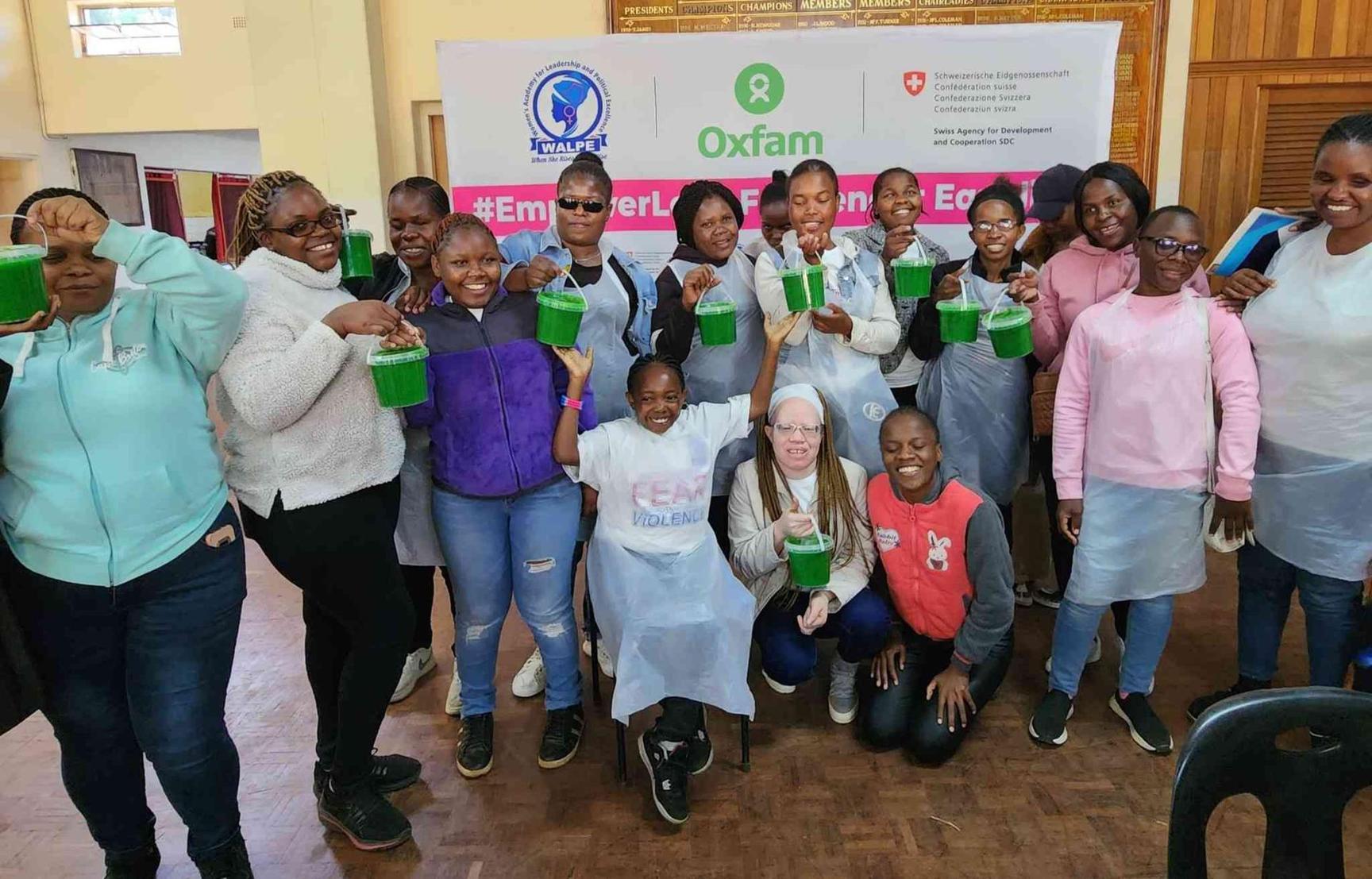Africa-Press – Zimbabwe. WOMEN with disabilities are set to benefit from an initiative aimed at empowering them through a social entrepreneurship programme launched in Harare recently.
The Women’s Academy for Leadership and Political Excellence (WALPE) programme, titled Empower, Lead for Gender Equality, focuses on equipping participants with essential business skills and financial discipline.
The training sessions cover a range of topics, including budgeting, saving money and the importance of financial planning, while participants were encouraged to develop business ideas that leverage on their unique strengths and experiences.
In an interview with NewsDay, Walpe spokesperson Sizalokuhle Ncube said participants in the entrepreneurial landscape complained that limited market access was affecting their ability to connect with customers.
In response to the pressing issues, Walpe is implementing targeted training programmes aimed at empowering women with disabilities.
“Building on the transformative leadership training received last month, this current initiative is designed to develop participants into financially independent leaders,” she said.
Among the beneficiaries was Vanessa Dickson, a visually impaired entrepreneur who has adopted technology to manage her finances.
“I use an application on my phone that helps me to track my expenses and savings. This technology allows me to have more control over my finances,” she said.
The initiative has inspired participants to brainstorm various business concepts, such as purchasing goods at wholesale price for resale thereby maximising profits. Edith Musango expressed enthusiasm for the programme, which aimed to empower women entrepreneurs by addressing issues of discrimination and stigma.
“We understood the challenges that women with disabilities face in their day-to-day lives. If the family is not supportive, it can be demotivating,” she said.
Among the key challenges identified were lack of accessible business spaces and legal selling locations, with many participants encountering difficulties with city council regulations, stating that they often operate in areas deemed illegal for commercial activities.
“If we had more legal and disability-friendly spaces, it would make their lives easier,” Musango said.
The need for competition and targeted marketing strategies is also paramount.
“There is demand for products tailored to specific markets. Women with disabilities can fill that gap, but they need the right tools and support to succeed,” Emmaculate Chipunza, one of the beneficiaries of the programme, said.
For More News And Analysis About Zimbabwe Follow Africa-Press






